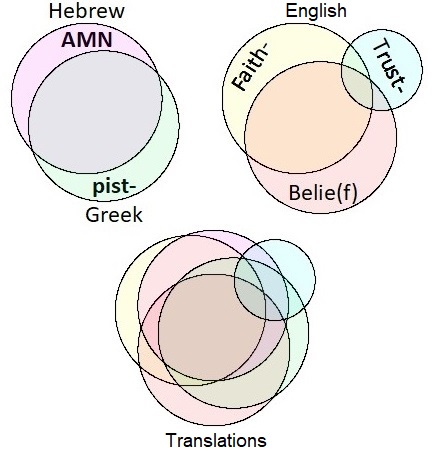Belief - Part 1
Genesis 15:1-18a, Abraham's belief counted as righteousness
Galatians 3:1-14, 22-26, We are children of God by faith in Jesus Christ
Romans 4:1-22, Belief counts as righteousness for both Jews and Gentiles
Mark 1:1-15, The first thing Jesus says is, "Repent and believe the good news."
John 20:18-31, The Gospel of John is all about believing
Exodus 4:1-9, 27-31, Signs are given so that we might believe
Matthew 8:5-13; Luke 7:1-10, Jesus was amazed by the centurion's faith
2 Timothy 1:1-14, Not what, but whom do you believe?
1 Thessalonians 1:1-10, The good news of God led the Thessalonians to faith
Romans 10:1-17, Faith comes by hearing God's word proclaimed
Jude 1:1-8, 19-25, Here faith has become The Faith
Jonah 3:1-4:11, Belief and repentance lead to forgiveness
Mark 9:14-29, All things are possible for the one who believes
More of Belief
Copyright information, disclaimers, and sponsors
Return to homepage
